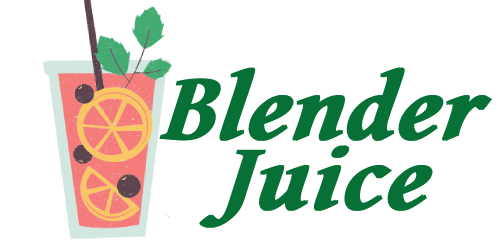The Health Benefits of Juicing
Share
Juicing is one of the easiest ways to do something good for your health. If you want to have more energy, achieve weight loss, boost your immune system or fight the effects of aging, then juicing can be just the thing for you.
Juicing allows you to easily and conveniently consume large amounts of antioxidants, enzymes, water, vitamins and minerals from fruits and vegetables, including those that you don't normally eat.
If you're already eating a variety of fruits and vegetables in your diet, you're probably asking if juicing will make any difference. And the answer is yes, the nutrients from fruits and vegetables are already within in your bloodstream about 30 minutes after drinking juice because they are in a form that your body can easily absorb and assimilate.
In fact, in some cases, you can start experiencing health benefits just mere hours after drinking juice. A study looked at the effects of beetroot juice on blood pressure and found that those who drank 20 ounces of beetroot juice started to show reductions in blood pressure after just one hour. After about 2.5 hours, the participants who drank the juice had significant reductions in both their systolic and diastolic readings.
The juice contains the entire fruit or vegetable, except the insoluble fiber, which means you are getting all the full health benefits of that fruit or vegetable because the nutrients are in the juice and not the fiber.
Fruit and vegetable juice do contain soluble fiber, which is good for digestion, helps lower blood cholesterol, stabilize blood sugar and encourage the growth of good bacteria in the bowel.
But before you go out to buy some fruits and veggies, here are some things to remember about juicing:
- Juicing is a supplement to your diet, not a replacement for whole fruits and vegetables. Also, check if the vegetables you are juicing are suited to your unique Nutritional Type.
- Choose organic fruits and vegetables to fully experience the benefits of juicing. Studies show that organic produce contain up to 40 percent more antioxidants and higher levels of nutrients.
- It's a no-contest: canned and bottled juice are nutritionally inferior to freshly-juiced fruits and vegetables. Commercial juice is pasteurized, which destroys the vital enzymes. Processed juice also contains artificial colors, flavors and sweeteners.
- Choose a quality juicer, not a blender. Juicers separate the liquid from the pulp while blenders merely turn fruits and vegetables into liquid, mixing the juice and the pulp together.
